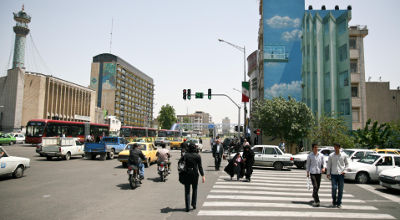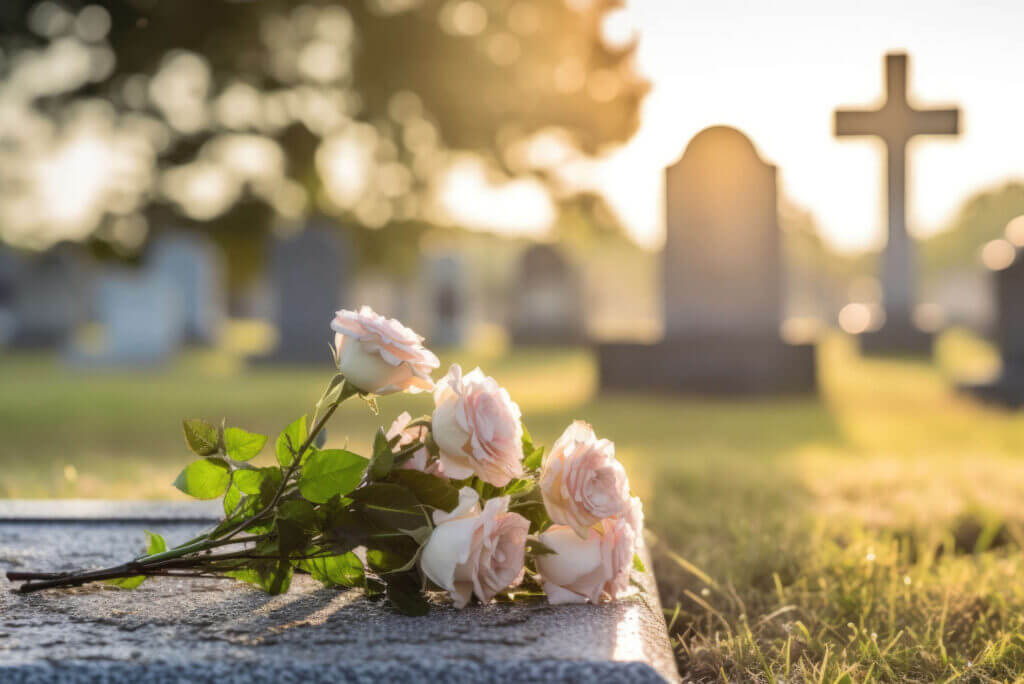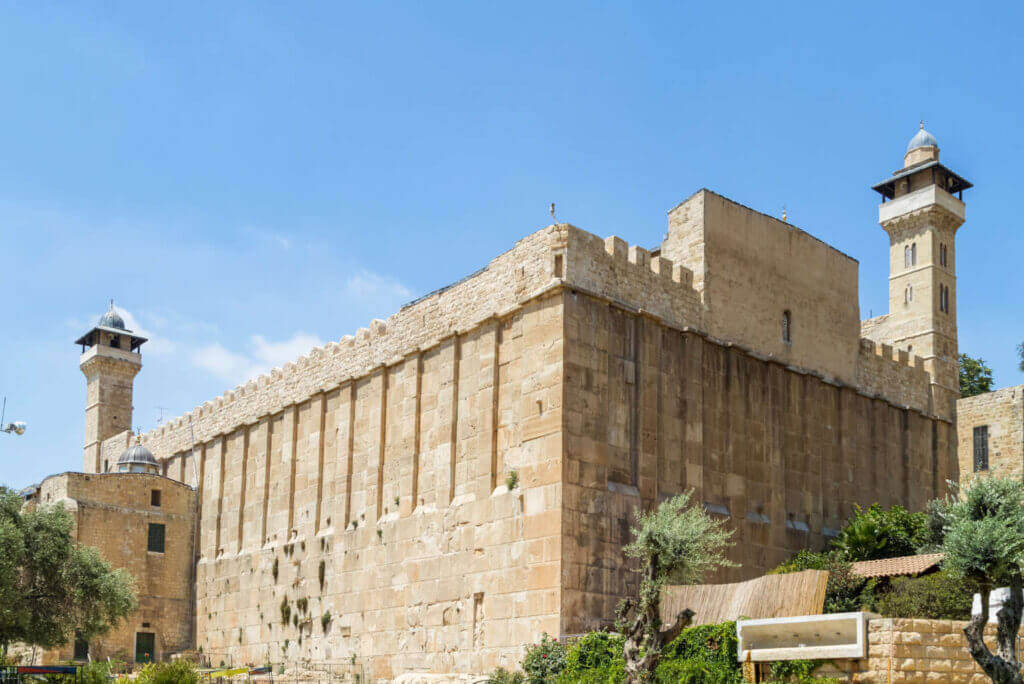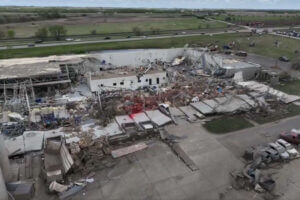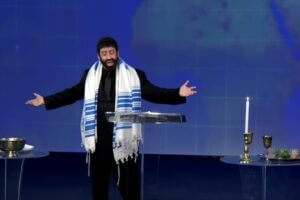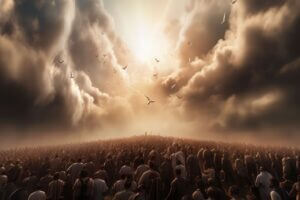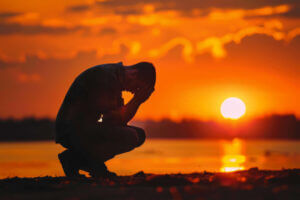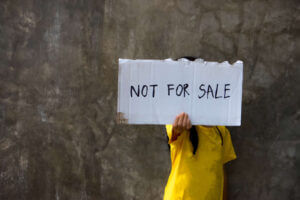President Mahmoud Ahmadinejad’s second term as president of Iran is coming to an end.
The Iranian constitution doesn’t allow him to run again for president, so one thing is certain: on Aug. 3, another man will be inaugurated as the new president.
Four years on from the contentious elections of 2009, more than 50 million Iranians are eligible to vote Friday for which of the six candidates they wish to be their new president.
However, despite the apparent choice on offer, little change is expected for the Christian minority in the country. The real power, they say, lies with Supreme Leader, Ayatollah Ali Khamenei.
“Christians think nothing will change for them,” said a spokesperson for Open Doors International, a global organisation which supports Christians under pressure for their faith. “They see all candidates as very much the same.”
Many Iranians believe the elections are not free and fair because every candidate (this year almost 700 people wanted to run for president) faces a rigorous vetting process by the Guardian Council.
This non-elected body has 12 members: six Islamic faqihs (experts in Islamic law selected by the Supreme Leader) and six jurists appointed by the Iranian parliament.
However, the parliament’s choice of jurists is limited to those nominated by the Head of Judicial Power, who is also appointed by the Supreme Leader.
One Iranian Christian told World Watch Monitor: “Till eight years ago, the president had at least some influence on the direction of the country. The power seemed to be more equally divided between the supreme leader and the president, but that is not the case anymore. The situation is different from 10 years ago. The supreme leader took all the power since then, first by cheating in 2005 and a coup d’état, as I would call it, in 2009.”
What choice do they have?
This year, only six candidates passed the rigorous selection process, which involves first the Election Board and then the Guardian Council.
Candidates who were considered outspoken reformers or close supporters of President Ahmadinejad didn’t pass the test.
The only remaining candidates, according to political observers, are either totally loyal to the Supreme Leader or only moderate reformers.
The candidate considered most loyal to Khamenei is Saeed Jalili, secretary of the National Security Council, who is known internationally for his work on Iran’s nuclear programme.
The other conservative candidates are Mohammad Baqer Qalibaf, the mayor of Tehran; Mohsen Rezai, a man linked to the bombing of a Jewish centre in Argentina about 20 years ago; and Ali Akbar Velayati, a long-term Khamenei aide.
The cleric Hassan Rowhani and Mohammad Gharazi are the remaining candidates, who are both considered moderate reformers.
All six candidates criticize the way the president has ruled the country and all promise economic improvement.
Rowhani’s speeches became increasingly reformist during the campaign, while both he and Gharazi said they hope to improve international relationships.
Although the reliability of the voting process in Iran has been questioned, Rowhani is considered the clear favorite to become the next president of Iran. Some say there is even a chance he might win on Friday, without the need for a second round of voting.
However, as many Iranians, particularly those wanting reform, consider there to be no real choice, a low turnout is expected.
Friday is also the day Iranians can vote for the local councils and for the so-called ‘Assembly of Experts,’ a group of clerics responsible for the appointment of the Supreme Leader.
Some Iranians believe the combination of three elections on the same day is a government strategy to get as many people as possible to vote.
See an error in this article?
To contact us or to submit an article


